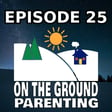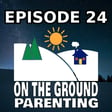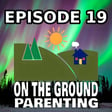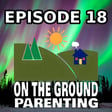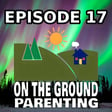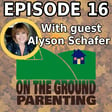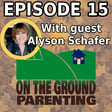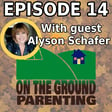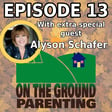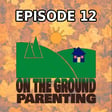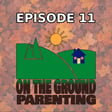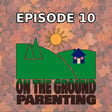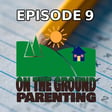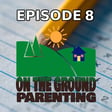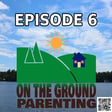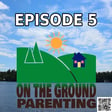
The September New Year: Navigating Transitions - Episode 7
This week on On the Ground Parenting, hosts Sandy, Sam, and Kelly discuss the "September New Year" and the pressure and excitement that come with new beginnings. The hosts share personal experiences navigating transitions, from early school jitters and a new parent's anxiety over packing, to the monumental transition of a child going to university. Samantha notes the shift from being a parent driven by anxiety and external pressure to a more confident, at-ease advocate for her children.
In This Episode
[01:21] The "September New Year" and dealing with a new schedule.
[02:42] Shifting from parental anxiety to at-ease advocacy.
[04:19] The idea of being a "sturdy parent" and setting intentional boundaries.
[06:01] Managing the guilt of external pressures, especially for parents of neurodivergent children.
[07:46] Adjusting to new routines and the importance of parental self-care.
[11:38] The relief of passing packing responsibilities to kids.
[14:19] De-escalating tense moments by taking a pause.
[16:42] The importance of a parent's words matching their body language.
[21:56] Final takeaways on ownership, awareness, and staying grounded.
Connect with Us
If you enjoyed this episode and want to sponsor or support the show, or even ask a question of our hosts, visit the Central Hub at linktr.ee/onthegroundparenting
On the Ground Parenting is produced, engineered, and published by Red Juice Studio. To learn more, visit redjuicestudio.com
